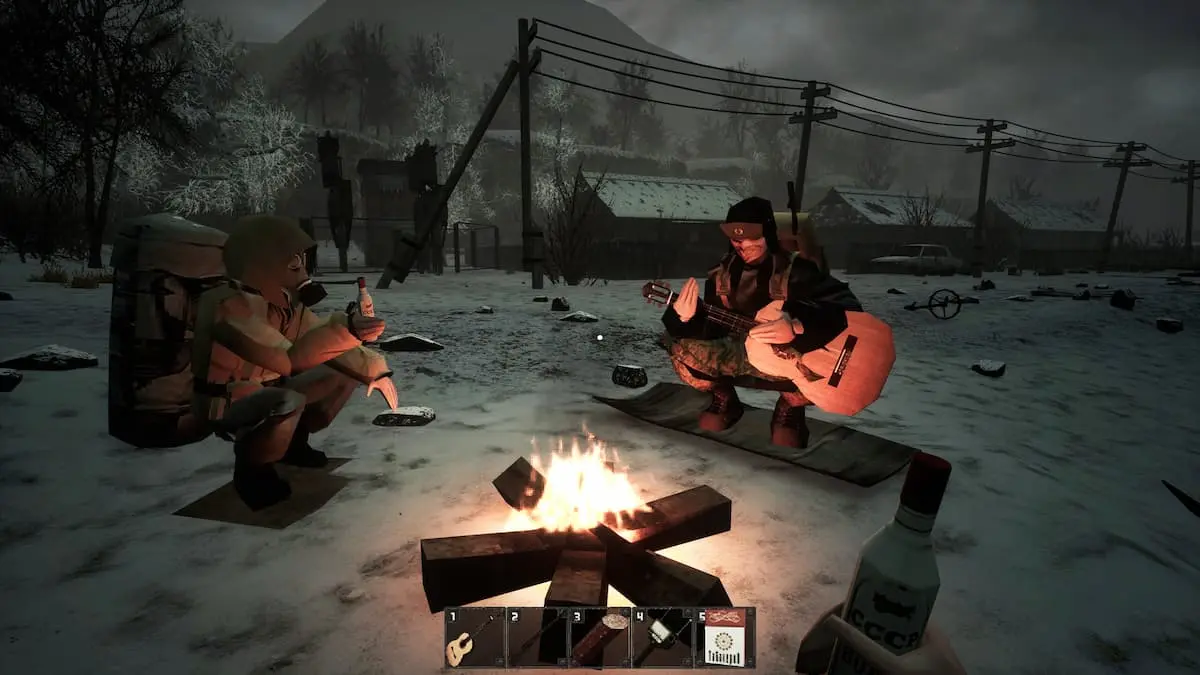GSC Game World, the company behind the iconic S.T.A.L.K.E.R. series, has put a spotlight on the indie cooperative game MISERY by filing a copyright infringement claim. This has stirred quite the conversation among gamers and content creators alike, especially as GSC alleges that MISERY infringes on its intellectual property (IP). Is this a legitimate concern for GSC, or is it a misinterpretation of inspiration in game design?
In a recent announcement on Steam, the developers of MISERY stated that they have faced a DMCA strike from GSC Game World. The claim centers on accusations that player reviews of MISERY reference S.T.A.L.K.E.R., allegedly harming GSC’s interests.
The developers of MISERY have firmly rejected these claims, asserting their commitment to contest the copyright allegations and seek reinstatement of their game on digital storefronts. Unfortunately, following the filing, MISERY has been pulled from Steam, making it unavailable for purchase at this time.

According to MISERY‘s developers, the dispute is fundamentally a misunderstanding. They stress that MISERY is set in a fictional environment, the Republic of Zaslavie, and does not intersect with the S.T.A.L.K.E.R. universe, Chernobyl, or any associated IP. They assert that no characters, plots, assets, or code from GSC’s games are used in their title.
They further emphasize that GSC does not possess copyright over common themes and aesthetics such as “depressive Soviet-era buildings, playing guitar, vodka, radiation, or abandoned locations.” These are elements that, according to the developers, belong to a wider cultural context and cannot be exclusively owned.
Furthermore, the S.T.A.L.K.E.R. franchise itself is heavily influenced by existing works, including Andrei Tarkovsky’s film STALKER—a piece exploring mysterious zones inhabited by hunters. This film, in turn, draws from the novel Roadside Picnic, indicating that the industry thrives on inspiration, not ownership.
The creators contend that pursuing copyright claims based on artistic influences is fundamentally flawed. They believe that all artistic endeavors draw from previous works, making complete ownership over themes unrealistic.
Amid these challenges, the developers remain optimistic that MISERY will soon return to digital shelves, accompanied by future updates to enhance player experience.
What does copyright infringement mean for indie developers? They often operate with limited resources, and any legal challenges can severely impact their projects. Understanding copyright law is crucial in protecting creativity while respecting the intellectual property of others.
How are developers responding to GSC’s claims? They are vocalizing their intent to challenge the claims, asserting their right to create and evolve within a genre that embraces influences and inspirations.
What can gamers infer about the importance of IP in gaming? The gaming industry is rife with inspirations, leading to creative innovations. However, this landscape also raises questions about ownership and the boundaries of creative expression.
Will MISERY return to Steam? The developers are actively pursuing reinstatement, emphasizing the distinct difference between their project and S.T.A.L.K.E.R. as they navigate these legal waters.
As this story unfolds, it’s essential to keep an eye on both the legal implications and the artistic discussions surrounding game development. For fans of the genre, the future remains hopeful, and exploring related content can deepen one’s understanding of the intricate dance between inspiration and ownership in gaming. For more insights, check out Moyens I/O.
